Everyone perceives life from a different perspective which is why when someone asks a loaded question they get various opinions, each one right from the person giving their opinion. However landscape design should be functional, easy on the eyes, and simple to maintain. In some regions sprinkler systems make a homeowners task much easier, however wasting a resource not everyone in the world takes for granted, is selfish, because if proper procedures were in place initially draconian measures would not now be a necessity. In the Southeast we are now facing a drought and the State of Georgia is even attempting to annex a mile of Tennessee along its border, because located within that mile is a reservoir, and only now are people scrambling to collect water from gutters and as demand exceeds supply “rain barrels” are soaring in price, however how easy would it be to collect grey water from showers, upwards of 50 gallons are used per shower, upwards of 50 gallons to wash clothes, an expensive process, complicated by the fact that not everyone has the wherewithal to initiate the process. I plan on relocating to Colorado, once I sell my existing home, and I am planning to use grey water extensively, because rainfall averages are in stark contrast to the average rainfall in the Carolinas, because my household water will be gathered from a well and since wells run dry, learned from previous experiences, I am gathering information on craigslist.com for people selling any type of water containers in CO, because I’ll also have a septic tank and I’ve learned they are not the most reliable collection process for waste water. Here is some information on grey water: http://en.wikipedia.org/wiki/Greywater. There are many commercial alternatives in the market place today. One commercial process saves grey water then uses that to flush a toilet, upwards of 30 gallons per flush, and then in turn treats that water to be used in the garden. I have no clue of the cost, but will the plumber you hire have a clue, because few professionals try to learn about alternatives. I hired a plumber when my water bill shot up only to learn that I had a leak in the line, but also asked him to replace a washer in a spigot that was leaking, then the following year the spigot leaked. I could have done that myself it I had a “key.” Americans seem to be too “busy” to want to learn about alternatives and then rely on others who are also lazy. After clearing my lot in Franklin County, NC, I planted plants raised either by propagation or from seedlings, and whenever I went up I’d try to water as much as possible and on a recent trip I noticed how some of the plants took off in a drought. There is no water supply on the lot and left much of the watering to Mother Nature and they blossomed, because I didn’t take shortcuts when planting. Here are some facts supplied by bracgreywater.com:
97% of the earth’s water is ocean salt water. The remaining 3% is fresh water but two thirds of this fresh water is frozen in the polar ice caps leaving only 1% available for human consumption.
There is the same amount of water on earth as there was when the earth was formed billions of years ago.
The water that you are using today could contain molecules that the Neanderthals drank. At about 150 gallons per person daily, the United States uses more water than any other country in the world. Europeans use about 53 gallons per day and Africans only about 6 gallons per day.
Over a typical 100 year span, a water molecule spends 98 years in the ocean, 20 months locked in ice, about 2 weeks in lakes and rivers, and less than a week in our atmosphere.
It can take a whole lifetime for groundwater to travel just one mile.
Water regulates the earth's temperature.
Frozen water (ice) is 9% lighter than water (this is why ice floats on water).
A gallon of water weighs about 8.33 pounds.
Water is considered "saline" (salt water) and undrinkable after as little as one part salt is added to one thousand parts of fresh water. If the entire world's water were able to fit into a one gallon bucket, the fresh water available for us to use would equal only about one tablespoon.
One cubic mile of water equals over 1.1 Trillion gallons. The earth contains about 344,000,000 cubic miles of water and exists as follows:
• 315,000,000 cubic miles – salt water in the ocean • 9,000,000 cubic miles - groundwater in aquifers • 7,000,000 cubic miles - frozen in polar ice caps • 53,000 cubic miles of water is passing through lakes and streams • 4,000 cubic miles of water is atmospheric moisture • And 3,400 cubic miles of water are locked within living things. For example:
66% of the human body is water (about 10 gallons). 75% of our brain is water. 25% of the bone in our body is water. 83% of the blood in our body is water. 75% of a chicken is water. 80% of a pineapple is water. 95% of a tomato is water. 70% of an elephant is water.
Over 90% of the world's supply of fresh water is located in Antarctica.
Each day the sun evaporates a trillion tons of water.
A single average size tree will give lose 70 gallons of water per day to evaporation.
An acre of corn will lose 4,000 gallons of water per day to evaporation.
A small drip from a faucet can waste as much as 20 gallons of water a day.
A person can live about a month without food, but only about a week without water.
A person must consume the equivalent of about five and one half 12 ounce bottles of water daily to live healthily - an average of 20,000 gallons of water during their life.
More than 2 billion people on earth do not have a safe supply of fresh water.
Water leaves the stomach five minutes after consumption.
Two thirds of the water used in a home is used in the bathroom.
To flush a toilet we use 2 to 7 gallons of our fresh drinking water - the single greatest water user inside our home.
A five-minute shower uses 25 to 50 gallons of water. Contrary to what you may think, a bath uses less water than a typical shower.
Brushing your teeth uses about 2 gallons of water.
An automatic dishwasher uses 9 to 12 gallons of water.
A washing machine will use 20 to 50 gallons of water for each load of clothes.
At least 400 million people live in regions with severe water shortages and the number is growing exponentially. Most of the world's people must walk at least 3 hours to fetch their fresh water.
Freshwater animals are disappearing five times faster than land animals.
It takes 1 gallon of water to process one bottle of beer.
It takes 120 gallons of water to produce one egg.
It takes 132 gallons of water to grow one orange.
Processing one chicken requires 11.6 gallons of water.
Processing one can of fruit or vegetables requires 9.3 gallons of water.
The amount of water required to grow just one day's food for a typical family of four is about 6,800 gallons.
It takes 1,850 gallons of water to refine one barrel of crude oil and double that to produce one gallon of ethonal.
The average size car required 39,000 gallons of water to manufacture.
It took 2,072 gallons of water to make the four tires on your car.
Prize Truffle
5 years ago









































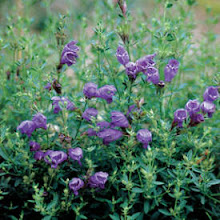
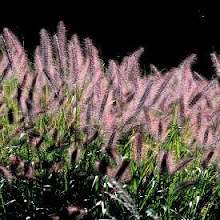



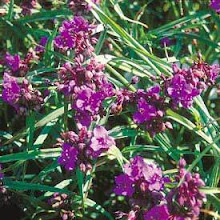
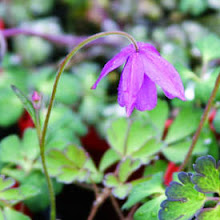


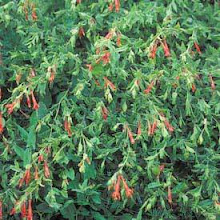
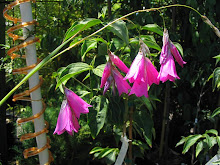





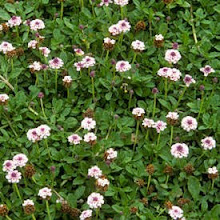










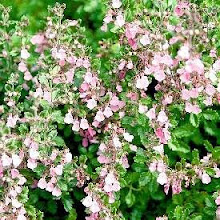

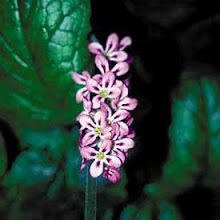

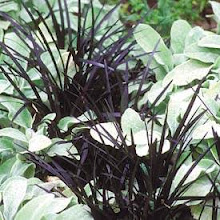

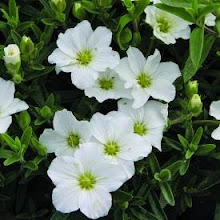
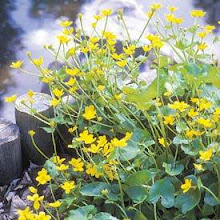









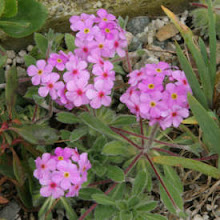





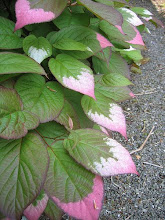
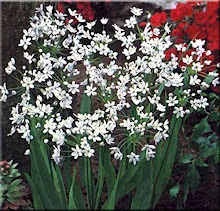
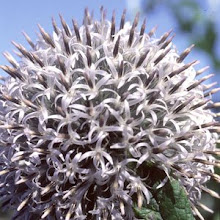



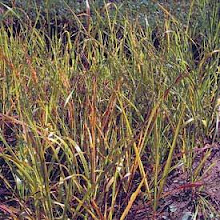

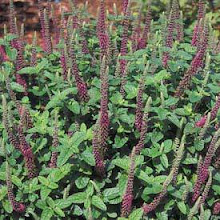





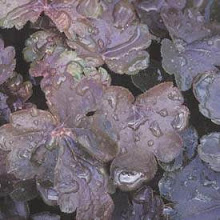







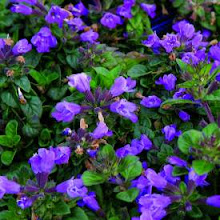
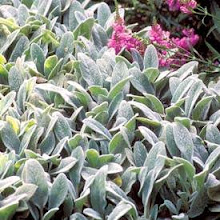

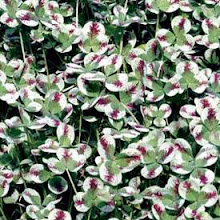


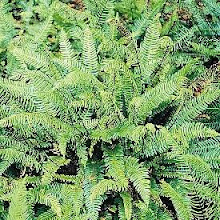

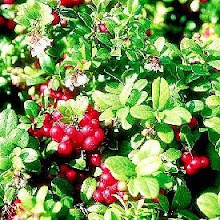



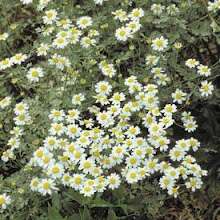
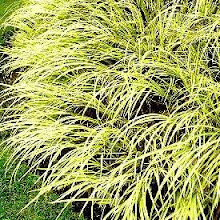










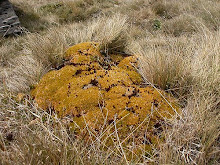
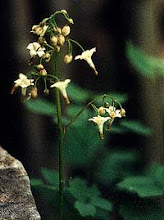


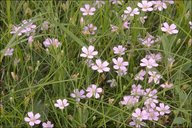

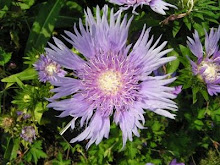





















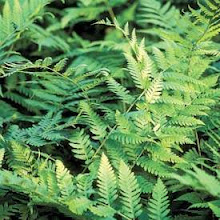





























































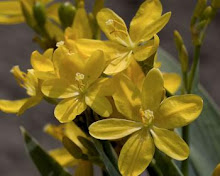











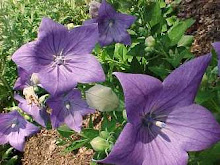











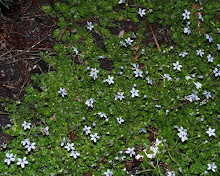

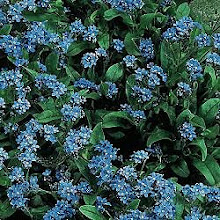










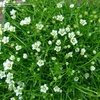
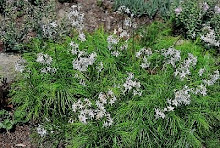







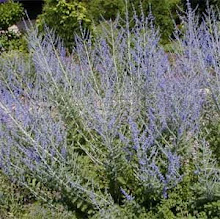






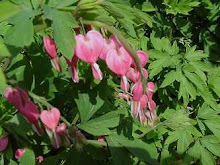
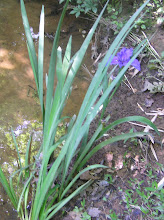




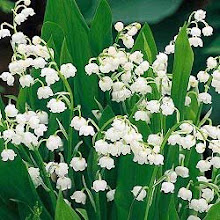



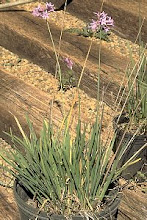













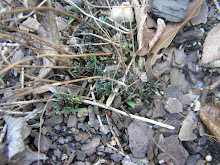
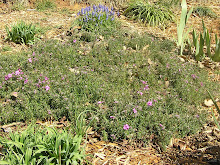
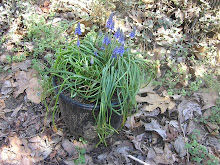
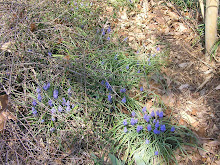
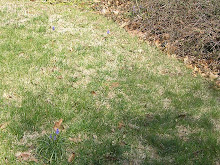


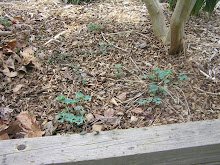

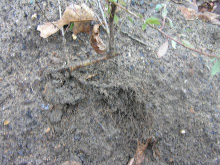
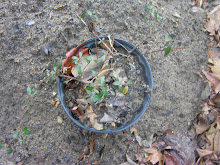


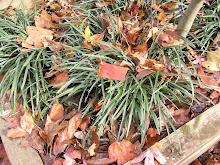
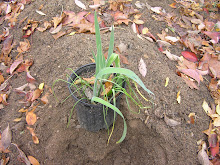


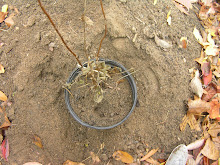
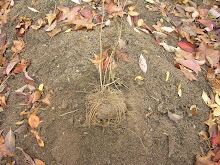
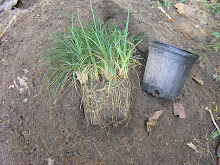

2 comments:
Before relocating to Colorado, you should check out some of their water policies. (Although you are so well-researched, I assume you have already). I have friends who live there and have been told that they are not allowed to put in rainwater collection systems. Apparently they don't "own" the rain that falls on their land; their water authority does.
Thanks, but I will not rely on Mother Nature in Fremont County. Isn't government great?
Post a Comment